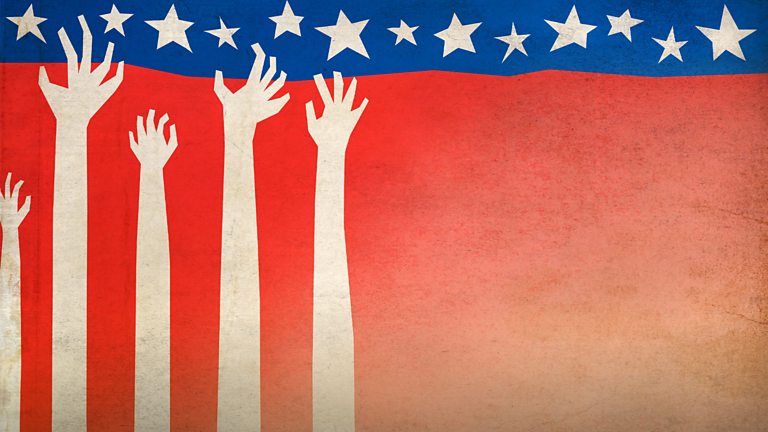The US and the Holocaust episode 2 – Yearning to Breathe Free: After Kristallnacht, Germany’s Jews are desperate to escape Hitler’s tyranny. Americans are united in their disapproval of the Nazis’ brutality, but remain divided on whether and even how to act as World War II begins. Charles Lindbergh speaks for isolationists, while FDR tries to support Europe’s democracies. The Nazis invade the Soviet Union, and the Holocaust begins in secret.
The U.S. and the Holocaust is a three-part, six hour series that examines America’s response to one of the greatest humanitarian crises of the twentieth century. Americans consider themselves a “nation of immigrants,” but as the catastrophe of the Holocaust unfolded in Europe, the United States proved unwilling to open its doors to more than a fraction of the hundreds of thousands of desperate people seeking refuge. Through riveting firsthand testimony of witnesses and survivors who as children endured persecution, violence and flight as their families tried to escape Hitler, this series delves deeply into the tragic human consequences of public indifference, bureaucratic red tape and restrictive quota laws in America. Did the nation fail to live up to its ideals? This is a history to be reckoned with.
The US and the Holocaust episode 2 – Yearning to Breathe Free
Kristallnacht, also known as the Night of Broken Glass, was a catastrophic event that occurred in Nazi Germany on November 9 and 10, 1938. This event is considered a pivotal moment in the lead up to the Holocaust, which claimed the lives of six million Jews.
To begin with, Kristallnacht was a direct result of the Nazi regime’s anti-Semitic policies. Specifically, the assassination of a German diplomat by a young Polish-Jewish refugee provided the pretext for the Nazis to launch a massive assault on Jewish people and their property. As a result, synagogues were burned, shops were vandalized, and Jewish people were beaten and murdered in the streets. In addition, thousands of Jewish men were arrested and sent to concentration camps.
Moreover, Kristallnacht marked a turning point in international perception of the Nazi regime. Many people around the world were shocked and appalled by the violence, and it is often seen as the point at which many countries began to take a more active stance against Nazi aggression.Kristallnacht was a tragic event that marked the beginning of a dark chapter in human history. It is important to remember this event as a reminder of the dangers of discrimination and the importance of speaking out against injustice.
US and the Holocaust
The Holocaust, which took place during World War II and resulted in the genocide of approximately six million Jews and millions of other minorities, is considered one of the darkest chapters in human history. The United States played a complex role in this tragedy, both in terms of its actions and its inaction.
In the early years of the war, the US was hesitant to get involved in the conflict and adopted a policy of isolationism. While many Americans were sympathetic to the plight of European Jews and other minorities, there was also significant anti-Semitism in the US, and some politicians and leaders actively opposed accepting Jewish refugees. Despite this, some Americans took action to try to help those affected by the Holocaust. For example, the War Refugee Board was established in 1944 to aid Jews and other minorities in Europe. Additionally, some individual Americans, such as Varian Fry and Raoul Wallenberg, risked their own lives to rescue Jews and other persecuted people.
However, many argue that the US could have done more to help those affected by the Holocaust. For example, the US government was slow to respond to evidence of the atrocities being committed, and refused to bomb concentration camps or take other direct action to intervene. Today, the US is home to the largest Jewish community in the world, and there are ongoing efforts to remember and learn from the lessons of the Holocaust. However, the complex legacy of the US’s response to the Holocaust continues to be a topic of debate and discussion.




